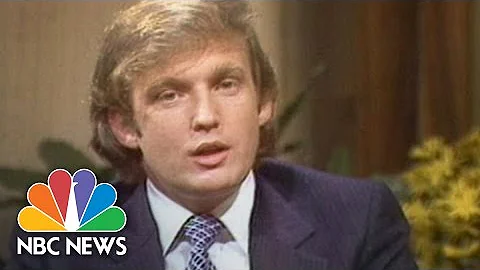
"Adult" is still twenty, and voting can start from eighteen. As we all know, starting in 683 AD, Japan was a country that regarded "20-year-olds" as "adults." Nowadays, the first day of the second week of January every year is the "Coming of Age Day" legally mandated by the Japanese government. Not only do the elderly and children take a day off, but young people who are 20 years old have to go to the local government department to hold an "Adult Ceremony" on this day. ”, accepting congratulations from government officials, school and parent representatives. From then on, this young man also had the right to vote and be elected. However, on June 4, 2015, the Japanese House of Representatives held a plenary meeting and passed an amendment to the Public Office Election Act that lowered the voting age limit from the current 20 years old to "18 years or older". This bill will not only apply to next year’s Senate election, but also to local governor elections. The benefits of this reduction are coming. It is expected that 2.4 million minors will join the ranks of voters next year. This amendment is the first adjustment to the voting age limit in Japan since the voting age was lowered from 25 to 20 in 1945 after the war.
The passage of the amendment to the Public Office Election Act not only means that Japanese youths can participate in voting at the age of 18, but may also cause a domino effect of a series of legal changes. For example, the Juvenile Code, which punishes juvenile delinquents, and the Civil Code, which has been in effect since the Meiji period, may be revised in the future to consider reaching the age of 18 as the concept of adulthood.
From a world perspective, Japan’s initiative cannot be said to be an “innovation”; it can even be said to be in line with the rest of the world. In the past, Japan emphasized that the age of 20 is the threshold for adulthood, marking the maturity of a person's mind. However, according to a survey by the Japanese Library of Congress, 92% of 191 countries and regions, or 176 countries and regions, set 18 years as the minimum voting age. Even in some countries, 16-year-olds can vote in elections, such as Australia.
Although this bill is to bring Japan back into the trend of the world, there are also unavoidable difficulties behind it. The serious social problem of declining birthrate and aging population has really affected all aspects of Japanese society, and public office elections are not immune. Since the number of people over 65 in Japan accounts for 1/4 of the total population, and Japanese politics has been criticized as a stage dominated by the elderly, young people have virtually become a vulnerable group in politics. Obviously, this imbalance needs to be broken, because the people facing the future society brought about by today's decisions are, after all, the younger generation.
Questions about the efficiency of the amendment have never disappeared. Many Japanese people, including experts, have raised pessimistic questions: The political enthusiasm of young people is so low. If they are given the right to vote, will they really exercise this right? This is not an unreasonable question. You know, in the December 2014 House of Representatives election, the turnout rate of voters aged 20 to 30 was only 32.6%, while the turnout rate of voters aged 60 to 70 was 68.3%. It can be seen that young people in Japan are not enthusiastic about politics.
However, some people think that this account should be calculated in the long run and cannot just look at the immediate effect. From now on, giving 18-year-olds the right to vote means that they will cast their first vote in their high schools, where many polling stations are set up. At that time, teachers will provide step-by-step guidance. This experience will accompany them in their future lives and develop a habit of participating in politics. Now in Japan, only those who are 20 years old have the right to vote. Many people have left their hometowns to go to university. They are not familiar with voting matters and voting locations, so they have naturally lost a lot of interest.
From this point of view, the Japanese government also "starts from childhood" when it comes to political participation. With the revision of the law, the number of people voting has increased, the "vote field" has expanded, and there are more sites for campaign propaganda. It seems that Japan's political ecology can also undergo some changes.
Of course, young people will also realize that in society, not only all walks of life are "dividing the pie", but also various age groups are "dividing the pie". The less you actively participate in elections or vote for municipal decisions to express your wishes, the more your own welfare and rights will be ignored.
Thinking about it from another perspective, if this amendment can arouse the enthusiasm of the younger generation of Japanese people to participate in politics, their rights and interests will also be taken seriously by those in power. The improvement of employment issues and social welfare issues means that their living environment and standards will be improved. Improvement to a certain extent. These changes will ultimately increase the possibility of improvement for many of today's social problems, such as declining birth rate.
In general, although unlike some Western countries that have launched bottom-up campaigns to lower the voting age limit, the amendment to Japan’s Public Office Election Act gives young people the right to vote from the top down. However, it is still possible It is expected that this amendment will allow young people to participate more actively in political life and bring a new landscape to Japan's "elder politics."





















